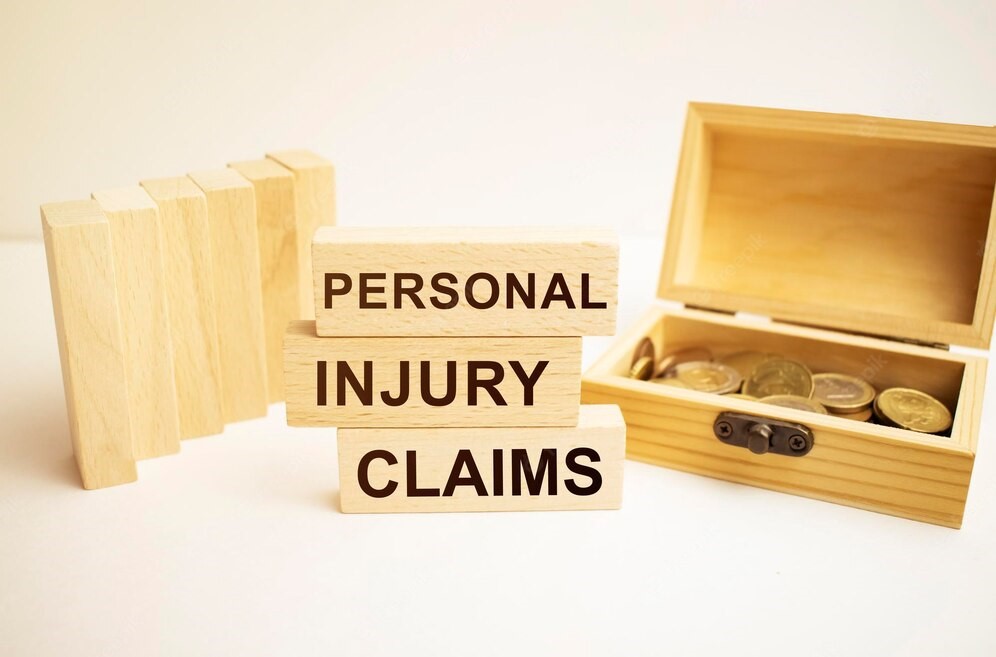How to Calculate Your Losses in a Personal Injury Case
Whenever the topic of a personal injury case comes up, talk about compensation follows. Because fair compensation for the victim’s losses is one of the reasons why victims seek legal recourse.
But recovering the losses you incurred isn’t a piece of cake. You’ll have to determine who was responsible for the accident, take all losses into consideration, calculate damages, and negotiate hard to get fair compensation. Fortunately, all this is something a lawyer does. So, just hire a lawyer and focus on your recovery.
This article sheds light on the types of damages you can expect in a personal injury case and how a lawyer calculates them.
Damages in a Personal Injury Case
Personal injury cases usually involve two types of damages. They are:
- Economic Losses
- Non-Economic Losses
There are slight changes when it comes to calculating each of these losses.
Economic Losses
These are the financial losses that you will sustain after an accident. They are comparatively easy to calculate and prove. Given below are the losses that are categorized under economic losses.
- Medical Expenses: The money spent on treating injuries, hospital visits, surgery, and all other injury-related elements is compensated under medical expenses. The total amount is usually the sum of all your medical-related expenses.
- Lost Income: Accident injuries take time to heal. The income you missed while recovering from the injury comes under lost income. Proof of employment and pay stubs are considered strong evidence. Lost income is calculated by multiplying your hourly pay by the number of days you missed work.
- Lost Earning Capacity: These are the damages you receive when you are unable to perform at pre-accident levels. A detailed analysis of your medical records helps prove your lost earning capacity. Several factors come into play when calculating lost earning capacity.
- Is your condition curable?
- How long until you perform at pre-accident levels?
- Do you have to switch to a different role?
- Property Damage: These are commonly seen in motor vehicle accidents. It compensates for the damage or total destruction of your property. The sum you receive is the cost incurred to repair or replace the damaged property.
Non-Economic Losses:
Unlike economic losses, non-economic losses are much harder to calculate. This is because everything under non-economic losses is not quantifiable. The losses include:
- Pain and Suffering: The physical pain and all the discomfort related to it that continue even after recovery come under pain and suffering.
- Emotional Distress: All the emotional disturbances you suffer (like PTSD, depression, and anxiety) due to the accident are categorized under emotional distress.
- Loss of Consortium: This damage is applicable for victims who lose their lives or are unable to interact with family like they used to. The victim’s families are the ones who seek compensation for this loss.
- Loss of Enjoyment of Life: Some accident injuries disrupt your normal functioning and make you lose interest in life. This condition comes under the category of loss of enjoyment of life.
- Permanent Impairments: Disability or disfigurement is often seen in serious accidents. The physical and emotional impact of disability or disfigurement is compensated in this category.
Calculating Non-Economic Losses
As said before, preparing an estimate for all the non-economic losses you’ve suffered is a tedious task. However, there are two techniques that are commonly used when calculating non-economic losses.
- The Multiplier Technique: In this technique, a number between 1 and 1.5 is assigned to your non-economic losses. This number is based on the severity of your condition. The assigned number is then multiplied by the sum you receive as compensation for economic losses.
- The Per Diem Technique: In the Per Diem technique, the number of days your pain is expected to persist is calculated. Then, your daily wage is multiplied by the determined number of days to arrive at a final number.
Final Thoughts
Seeking compensation after an accident is essential for victims to get on the road to recovery. Trying to handle a personal injury case alone is difficult, especially if your injuries are severe. Hiring a personal injury lawyer makes sure you receive fair compensation for your losses and damages.

